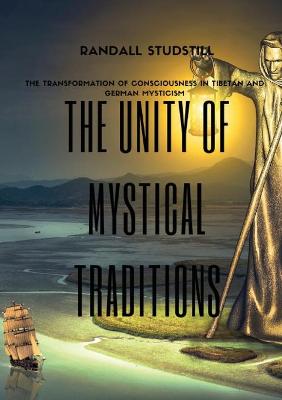Numen Book
1 primary work
Book 107
This book argues that mystical doctrines and practices initiate parallel transformative processes in the consciousness of mystics. This thesis is supported through a comparative analysis of Tibetan Buddhist Dzogchen (rdzogs-chen) and the medieval German mysticism of Eckhart, Suso, and Tauler. These traditions are interpreted using a system/cybernetic model of consciousness. This model provides a theoretical framework for assessing the cognitive effects of mystical doctrines and practices and showing how different doctrines and practices may nevertheless initiate common transformative processes. This systems approach contributes to current philosophical discourse on mysticism by (1) making possible a precise analysis of the cognitive effects of mystical doctrines and practices, and (2) reconciling mystical heterogeneity with the essential unity of mystical traditions.
